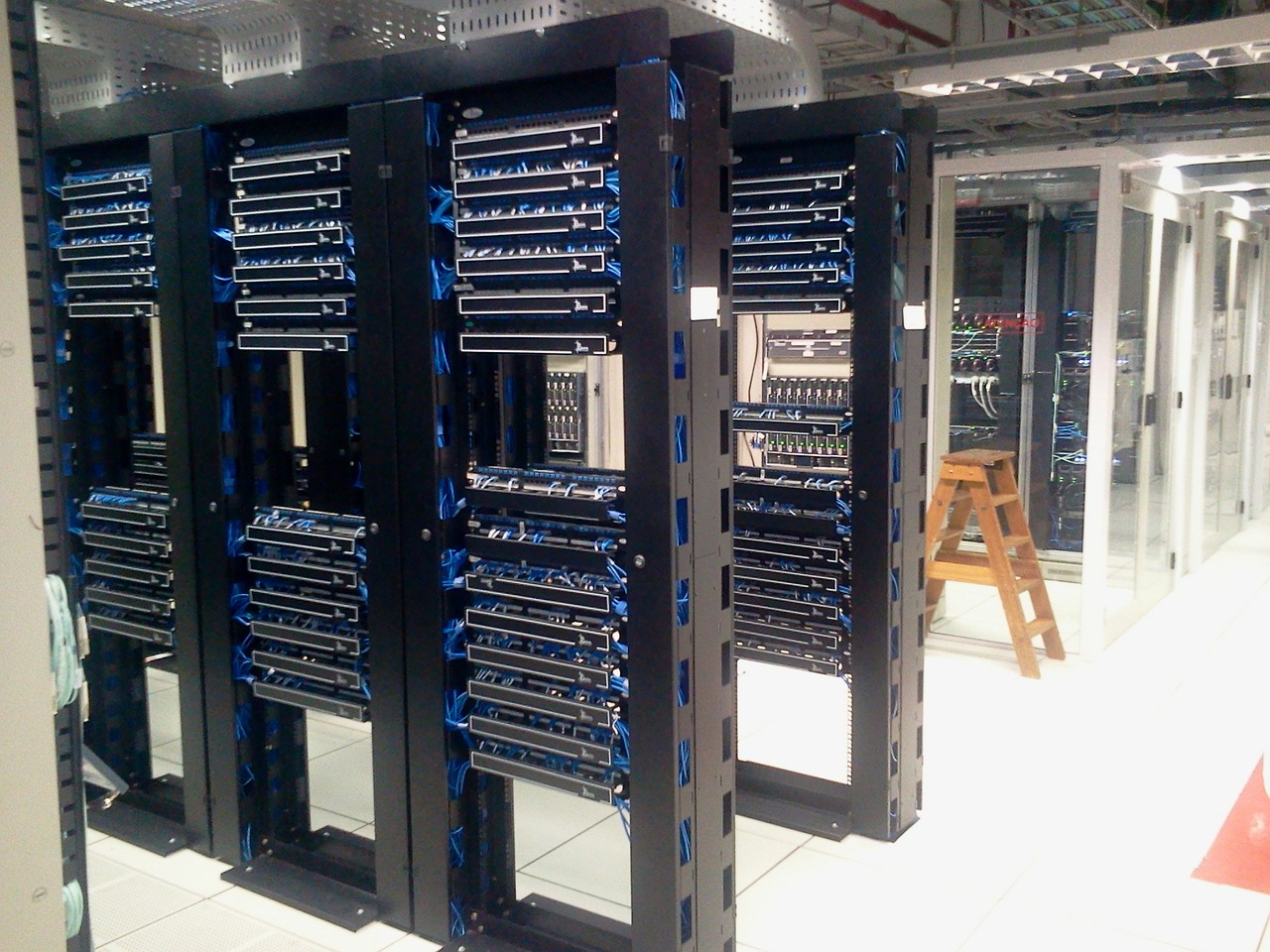What is Colocation?
In short, a colocation center is a data center that provides shared space for network storage and interconnection.
Unlike a web hosting site, a colocation facility provides storage for customers' equipment. The facility typically provides power, cooling, security, and intra-site connectivity, among other offerings.
How Does Colocation Relate to Cloud Computing?
Cloud computing is dynamic hosting, where users share computing resources allocated on demand from the cloud provider’s servers.
Conversely, colocation is the physical space in which you may operate your company-owned software and hardware. (The joke we like to make is that the cloud doesn’t exist; it’s just someone else’s server.)
Where Are Colocation Data Centers?
You can find more information on colocation and data centers in TeleGeography's Data Center Research Service—the most comprehensive source of intelligence on data center infrastructure and ecosystems. With the Data Center Research Service, you can:
- Access our Market Connectivity Score, a powerful tool that measures current and potential data center size for 3,000 cities worldwide
- Explore an interactive map depicting nearly 6,000 active data centers
- Discover where to access different networks, internet exchanges, or cloud providers
- View data center site profiles, including operator contact details, megawatt capacity, floor space, and vital details about the site ecosystem
- Get expert analysis of global data center market trends compiled from over 1,000 site surveys and supplemental research
- Access current and historical colocation pricing data for top global markets.
Jon Hjembo
Senior Research Manager Jonathan Hjembo joined TeleGeography in 2009 and heads the company’s data center research, tracking capacity development and pricing trends in key global markets. He also specializes in research on international transport and internet infrastructure development, with a particular focus on Eastern Europe, and he maintains the dataset for TeleGeography’s website, internetexchangemap.com.





